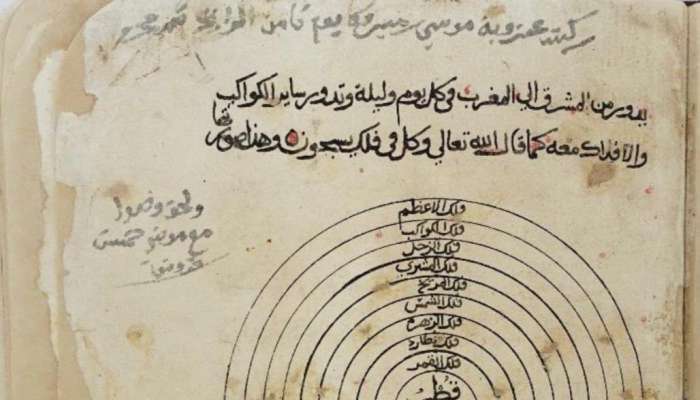
Muscat: UNESCO has officially added the Omani manuscripts ‘Al-Nuniya Al-Kubra’ by mariner Ahmad bin Majid to its Memory of the World Programme. This marks the second Omani manuscript to be included in the prestigious international registry.
‘Al-Nuniya Al-Kubra’ is one of Oman’s most significant manuscripts in navigation and marine sciences. It documents valuable information about ancient shipping routes and vessel movements. While earlier scientists divided the Earth into seven regions in the northern hemisphere, the manuscript expanded the knowledge base by introducing seven more regions in the southern hemisphere.
The manuscript holds immense cultural and human value as it presents realistic depictions of communities encountered by the author and his crew during their voyages. It provides detailed descriptions of the marine environment, its creatures such as whales and snakes, and coral reefs, along with methods for anchoring ships.
Born in Oman in 1421 and passed away in 1500, Ahmad bin Majid pioneered advancements in navigation, including the development of the magnetic needle (compass). His legacy includes over 40 works, notably "Al-Nuniya Al-Kubra," with an original copy preserved by the Ministry of Culture, Sports, and Youth. In 2021, UNESCO honoured Ahmad bin Majid in its programme commemorating influential historical figures.
The UNESCO Memory of the World Programme, established in 1992, aims to preserve and protect documentary heritage from decay or loss due to social unrest, instability, looting, or natural factors like heat and humidity over time.
It encompasses diverse heritage forms, including manuscripts, libraries, national archives, audiovisual recordings, cinematic films, and photographs. Oman first succeeded in including a manuscript in 2017 with "Ma'dan Al-Asrar fi 'Ilm Al-Bihar" by navigator Nasser bin Ali Al-Khudouri.